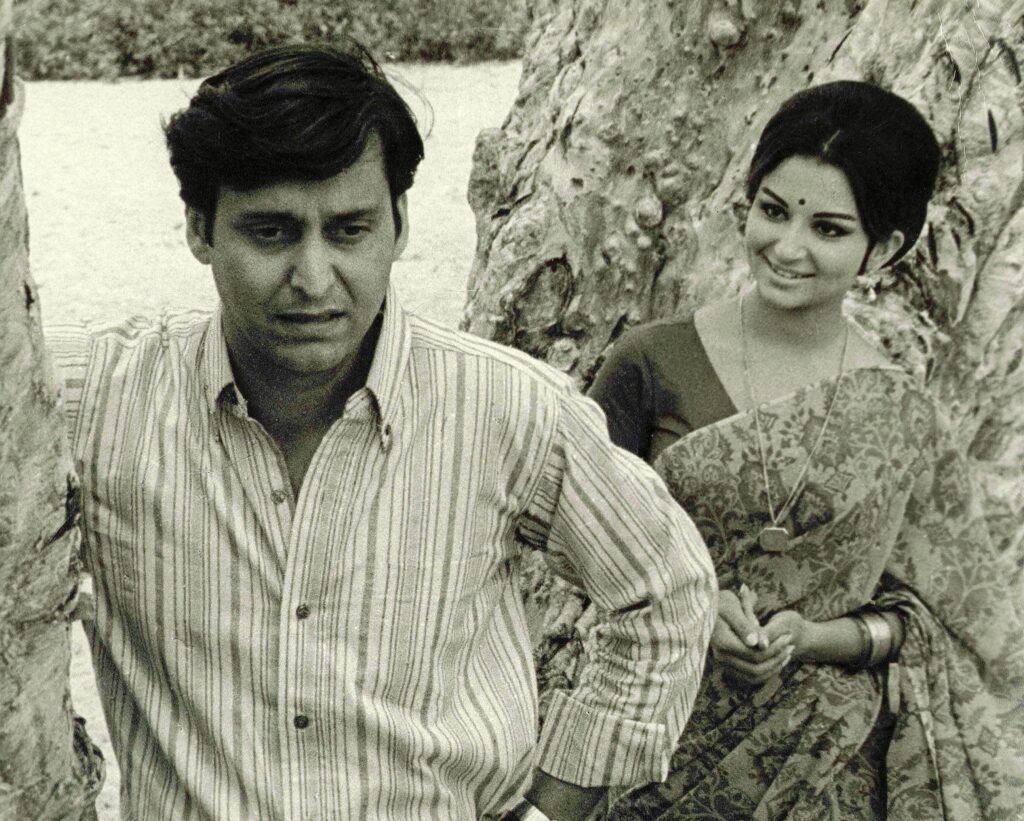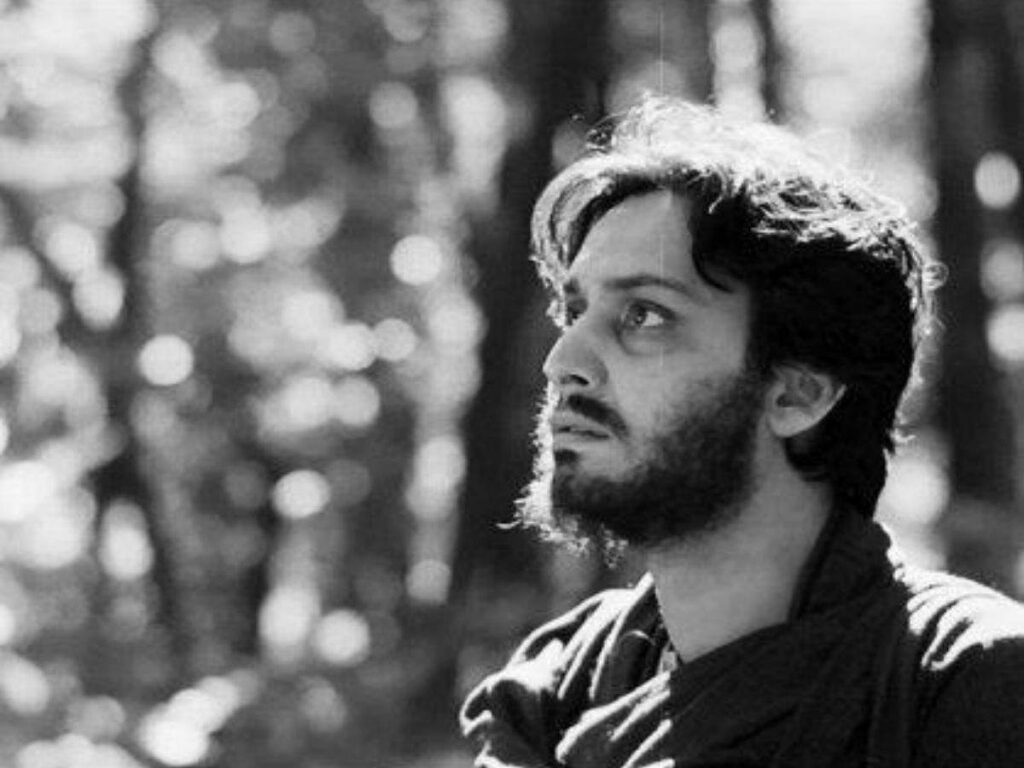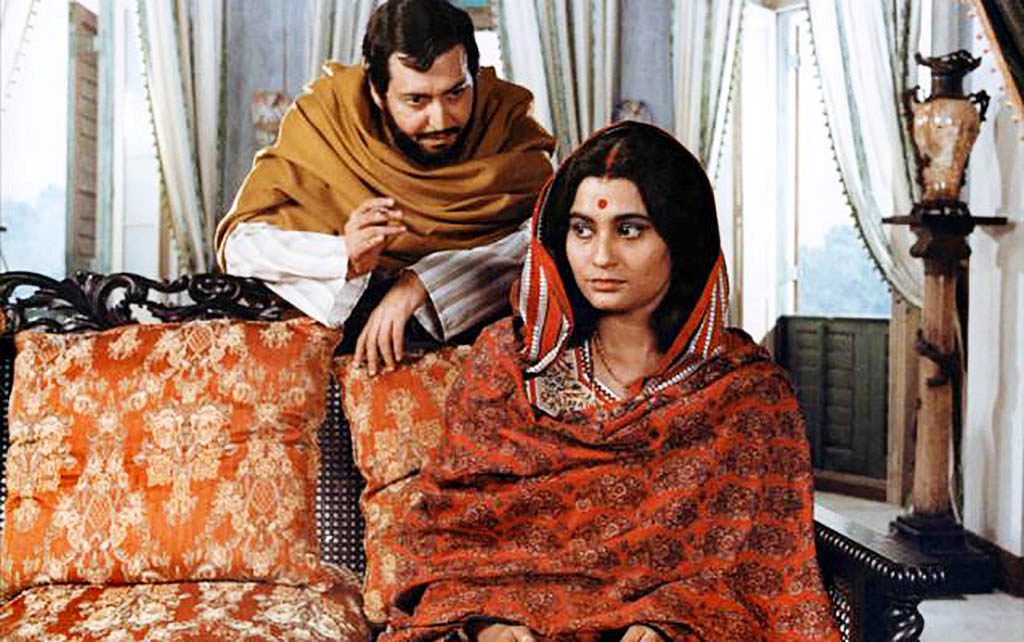INDIA. Kolkata: The death of the legendary Indian actor Soumitra Chatterjee, ubiquitously renowned for his collaboration with the Oscar-winning master Indian filmmaker Satyajit Ray, truly marks the end of an era. He died from COVID-19 complications after a prolonged illness. The 85-year-old actor was admitted to hospital in Kolkata on October 6, just a day after he tested positive for COVID-19. He tested negative on October 14 he remained because of health complications, especially COVID-19 induced encephalopathy. He was put on a ventilator in the last week of October. He breathed his last on Sunday morning after his health deteriorated severely on November 14 and he was put on life support.
Other than starring in over 300 films, he was also a respected playwright, thespian and poet. In 1999, Chatterjee became the Indian film personality to be conferred with the Ordre des Arts et des Lettres, France’s highest award for artists. He won the prestigious Dadasaheb Phalke Award, which is India’s highest award in cinema, in 2012. In 2017, he was honoured with the coveted Chevalier of Legion of Honor, France’s highest civilian award. Chatterjee is also the winner of several National Awards. The present generation of film audiences perhaps best remembers for his role of Gautam Sadhu in Sujoy Ghosh’s short film Ahalya (2015), a modern-day flip on the mythological story of Ahalya from Ramayana, wherein he starred opposite Radhika Apte.
Watch Sujoy Ghosh’s ‘Ahalya’ here
Soumitra Chatterjee made his film debut with Apur Sansar (1959), the third part of Ray’s Apu Trilogy. He would eventually collaborate with Ray on fourteen films. His centrality to Ray’s work is often compared with other legendary actor-director collaborations in world cinema such as John Wayne and John Ford, James Stewart and Anthony Mann, Toshiro Mifune and Akira Kurosawa, Marcello Mastroianni and Federico Fellini, Max von Sydow and Ingmar Bergman, Klaus Kinski and Werner Herzog, and Robert De Niro and Martin Scorsese. The renowned American film critic Pauline Kael once famously described Chatterjee as Ray’s “one-man stock company” who moved “so differently in the different roles he plays that he is almost unrecognisable”.

The remarkable acting range that Chatterjee demonstrates in the various films he worked with Ray perfectly certifies Kael’s praise. He plays an effete husband in Devi (1960), a literary man, possibly based on Rabindranath Tagore himself, who grooms the wife of his cousin and ends up falling in love with her in Charulata (1964), a hot-headed cabbie in Abhijan (1962), a city slicker Aranyer Din Ratri (1970), a village priest in Asani Sanket (1973), Ray’s super-sleuth Feluda in Sonar Kella (1974) and Joi Baba Felunath (1979), and a charismatic a revolutionist in Ghare Baire (1984). Chatterjee also worked with other noted directors of Bengali cinema across generations such as Mrinal Sen, Tapan Sinha, Asit Sen, Ajoy Kar, Tarun Mazumdar, Goutam Ghose, Aparna Sen, and Rituparno Ghosh, among others. His directorial venture Stree Ki Patra (1986), based on Tagore’s short story Streer Patra, was also a critical success.

Chatterjee had remained active on the acting scene until he got bedridden owing to his recent illness and many of his projects are scheduled for release. His death has created a great void that can never be filled, for there would never be another Soumitra Chatterjee. West Bengal’s Chief Minister Mamata Banerjee has summed it up perfectly in her tribute, “‘Feluda’ is no more. ‘Apu’ said goodbye. Farewell, Soumitra (Da) Chatterjee. He has been a legend in his lifetime. International, Indian and Bengali cinema has lost a giant. We will miss him dearly. The film world in Bengal has been orphaned.”




Comments are closed.